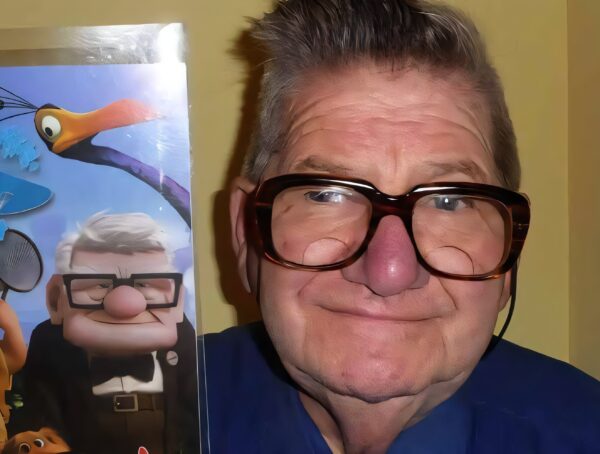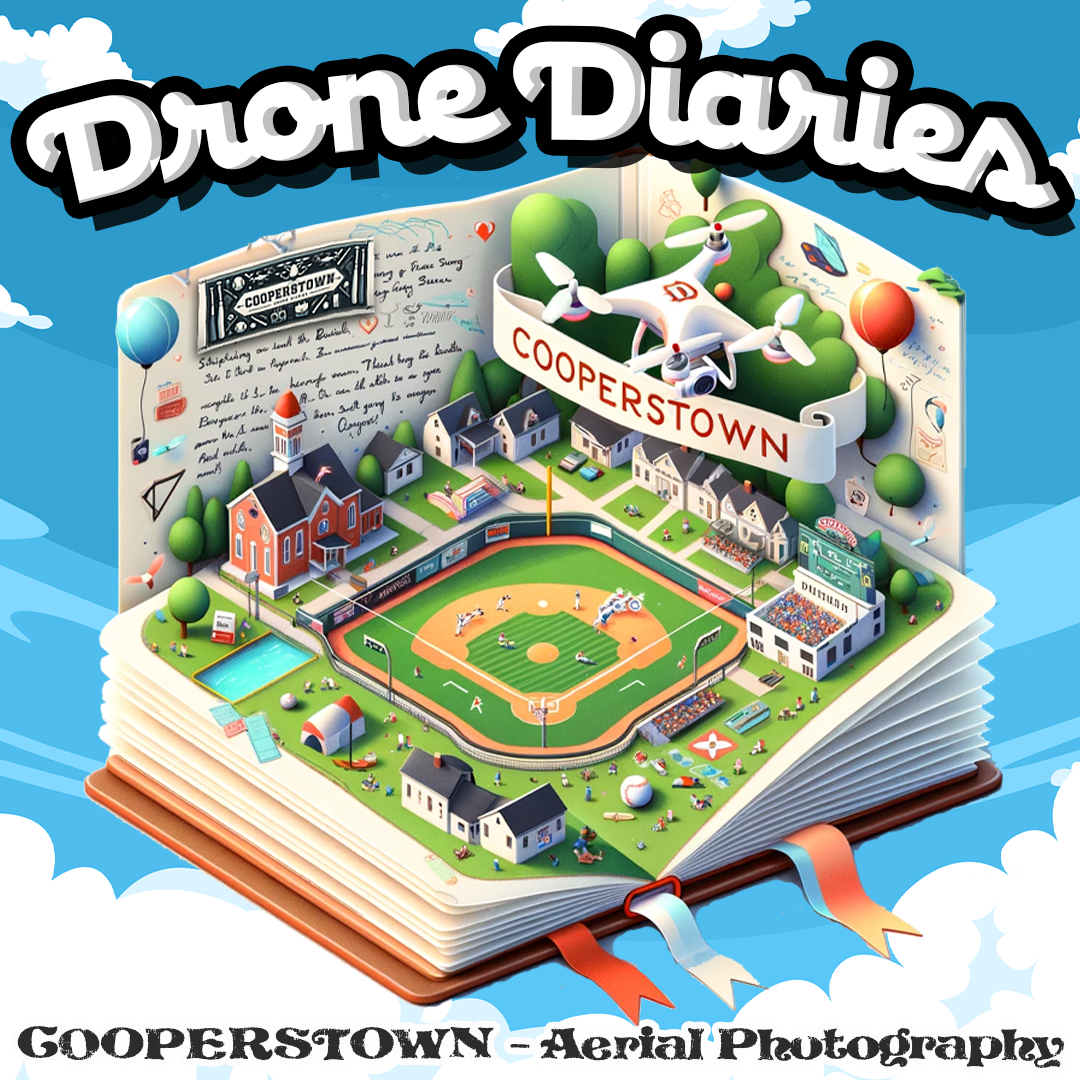Piecing Together Springfield’s Schwarzenegger Spoof
Satire at its finest is what The Simpsons delivers. This show has thrown its share of humor at every aspect of popular culture, be it a rock star or a politician, yet it remains hard-pressed to top the hilarity that accompanies McBain.
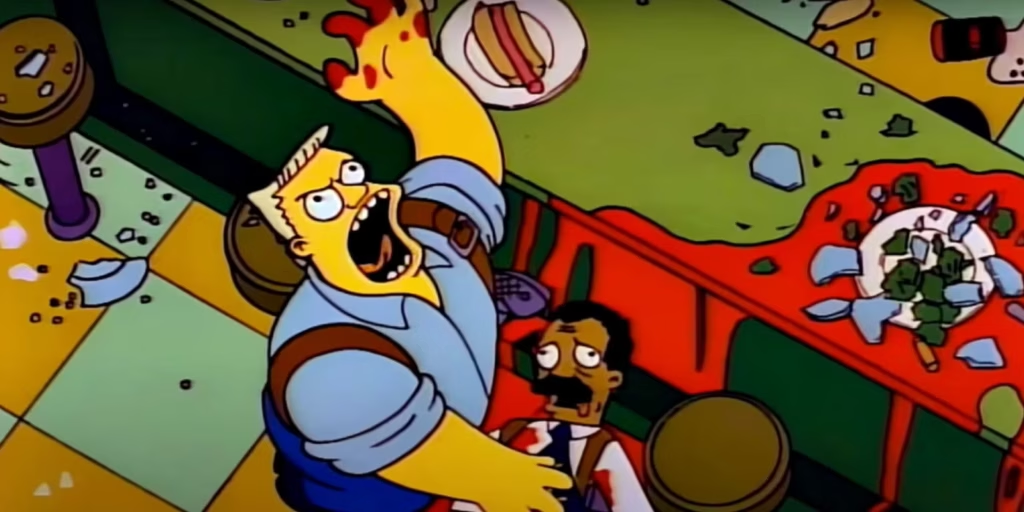
The not-so-distant action-hero counterpart to Chief Wiggum, McBain is a “large, beefy man in a partial uniform.” He does sing-and-dance numbers that are laughably similar to the outlandishly violent set pieces that are on fairly regular display in any given action hero event. If McBain is supposedly an action star, then the events of the action-hero counterpart to Chief Wiggum would suggest that he is occurring in a fictional universe that fairly closely resembles the one we inhabit.
Rainier Wolfcastle: A Parody of a Parody
To understand the nature of McBain, it is essential to understand Rainier Wolfcastle. Wolfcastle, who thickly accented, deadpan, and muscle-bound, is a direct satire of Arnold Schwarzenegger. In the “Simpsons” universe, he’s a superstar action hero whose career is built on staggeringly unsuccessful, if endlessly entertaining, blockbusters. Whether he’s endorsing preposterous fitness products, or moaning about his unsuccessful run for mayor, Wolfcastle embodies all the excessive vanity and absurdity we associate with top male stars in Hollywood.
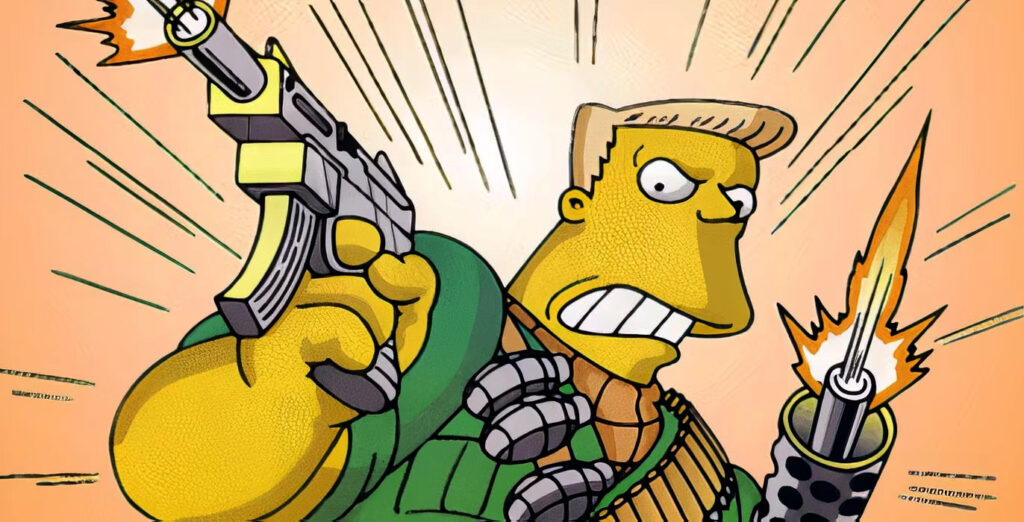
Without a doubt, McBain is the most recognizable character of Wolfcastle. Every one of Schwarzenegger’s beloved clichés McBain takes and amplifies absurdly. If you line up the McBain clips in chronological order, you not only get a collection of separate isolated gags but also an utterly ridiculous yet surprisingly coherent hidden narrative that connects them.
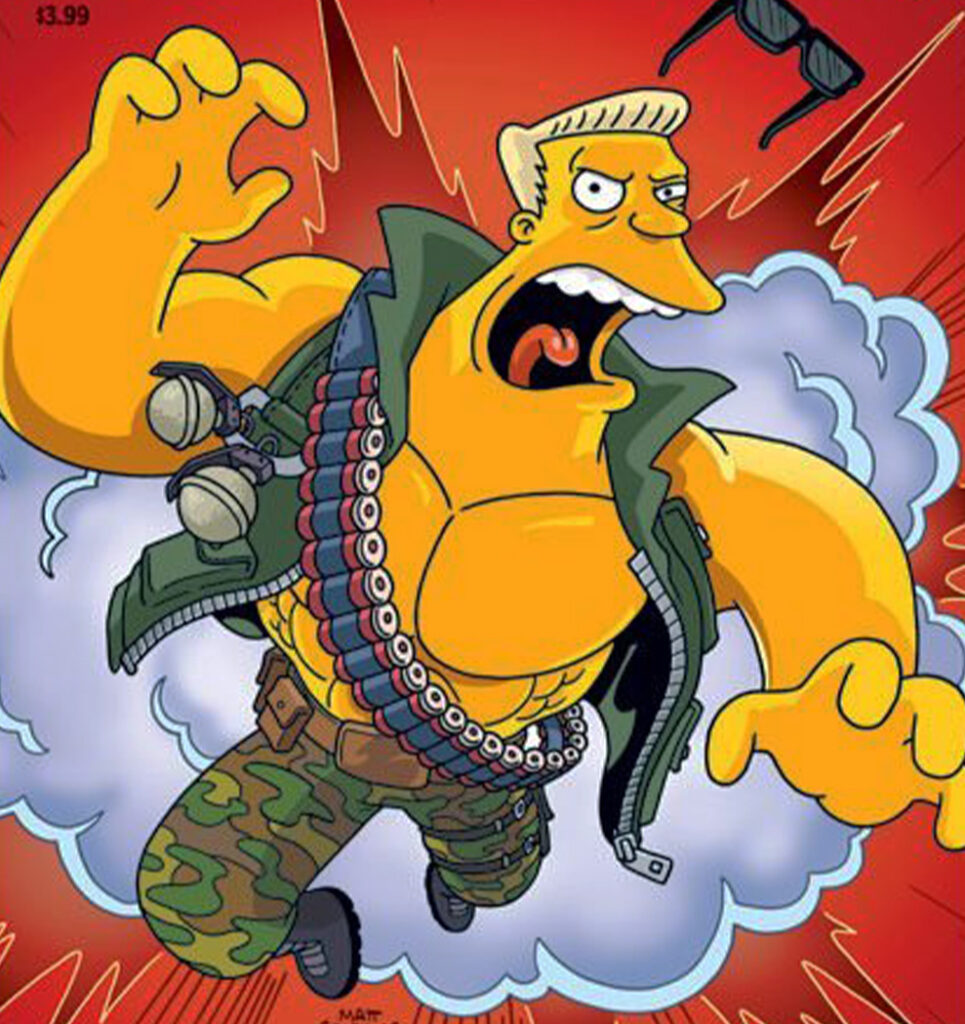
Although the narrative seems to be a story told in McBain gags, it has much more in common with “real” stories than with other Simpson gags. Part of what’s great about it is that even with minimal effort, its absurdity makes it easy to see how these parts add up to a narrative whole.
The McBain Saga: A Classic Tale of Revenge
The premise of McBain is as ancient as Tinseltown: a nearly retired cop goes apeshit after the baddies kill his partner and doesn’t give a hoot about the law or human life. McBain and his partner, Scoey, are about to confront corrupt politician Senator Mendoza, who seems up to no good, when they get ambushed and are suddenly forced to fight for their lives. Mendoza’s men kill Scoey. And damn, that is one intense scene.
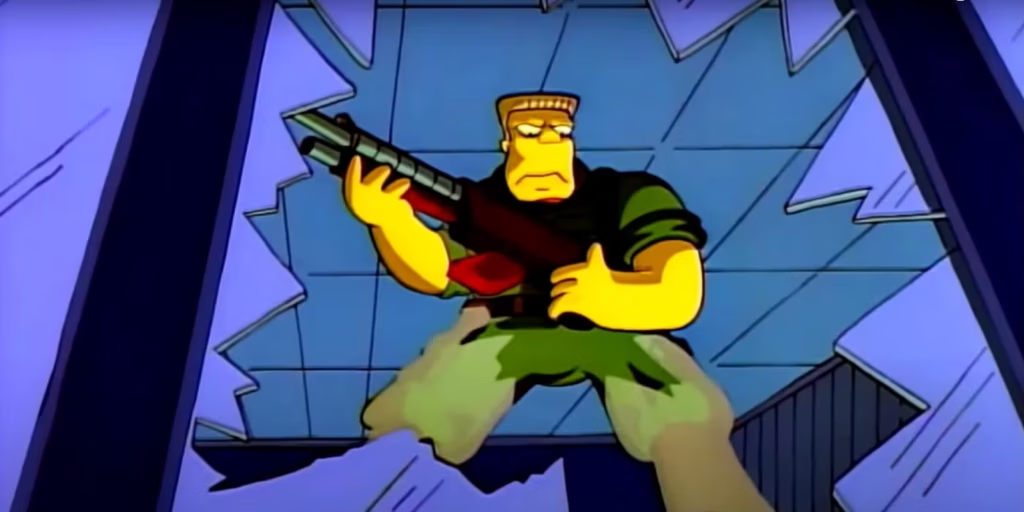
What happens next is an unhinged rampage in which Mendoza and his henchmen track McBain. He crashes through glass, mows down bad guys, and delivers an astonishing amount of pretty much stock dialogue.
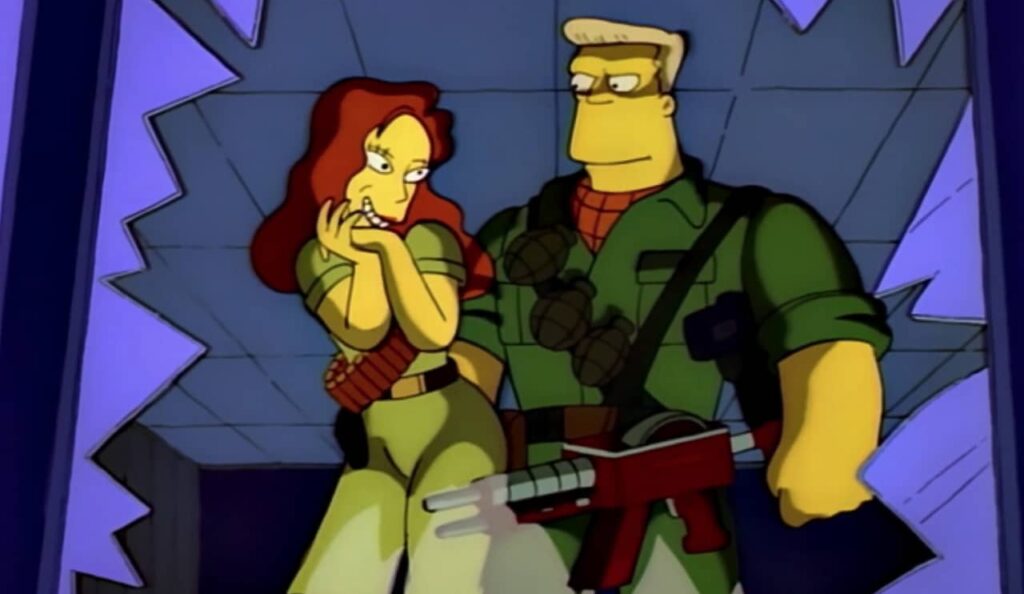
Another nice thing about this film is how it manages to overlook the obtuseness of its set piece after set piece with sheer ambition and brio. The climax occurs at a party held for the high and mighty, where McBain and Mendoza face off in a gun battle with so many shots fired, so many things blown up, and so much excitement that you might think we did something rotten in the sight of the gods of soir-de-fête and cavalcade.
The Satire: Laughing at Hollywood’s Expense
The layers of satire that make McBain more than just a Schwarzenegger spoof touch on Hollywood itself. It is not simply an action film but a critique of the conventions and dialogue that make action films tick. The film throws every genre trope up to eleven and serves it hot and heavy.  When the hero growls, “Ice to see you,” that is not just a pun, a laugh line, and then an oh-so-kind character moment almost all good action film heroes have. What the film then critiques is the kind of bombastic, over-the-top dialogue that marked not just the era of the ’80s and ’90s when Arnold Schwarzenegger was king but also a more recent past when dialogue like this was invoked lovingly.
When the hero growls, “Ice to see you,” that is not just a pun, a laugh line, and then an oh-so-kind character moment almost all good action film heroes have. What the film then critiques is the kind of bombastic, over-the-top dialogue that marked not just the era of the ’80s and ’90s when Arnold Schwarzenegger was king but also a more recent past when dialogue like this was invoked lovingly.
The character McBain holds a specific adoration among viewers of The Simpsons who live in Springfield. When it comes to our appreciation of characters on The Simpsons, we are right in line with the Springfield audience when it comes to how much we adore McBain and his absurd yet entertaining world. Reaching the audience is, of course, half of the meta-communication that is The Simpsons. We prize what the characters who watch McBain prize. We mock what the characters who watch McBain mock. It’s not that we watch the kind of films McBain stars in quite unironically; they are too absurd to take seriously.
Piecing It All Together
For years, admirers have been astounded by the way the McBain segments coalesce to form a singular whole. This, however, is not the effect of some sort of narrative sleight-of-hand, but rather the work of The Simpsons’ detail-oriented writing during its peak.
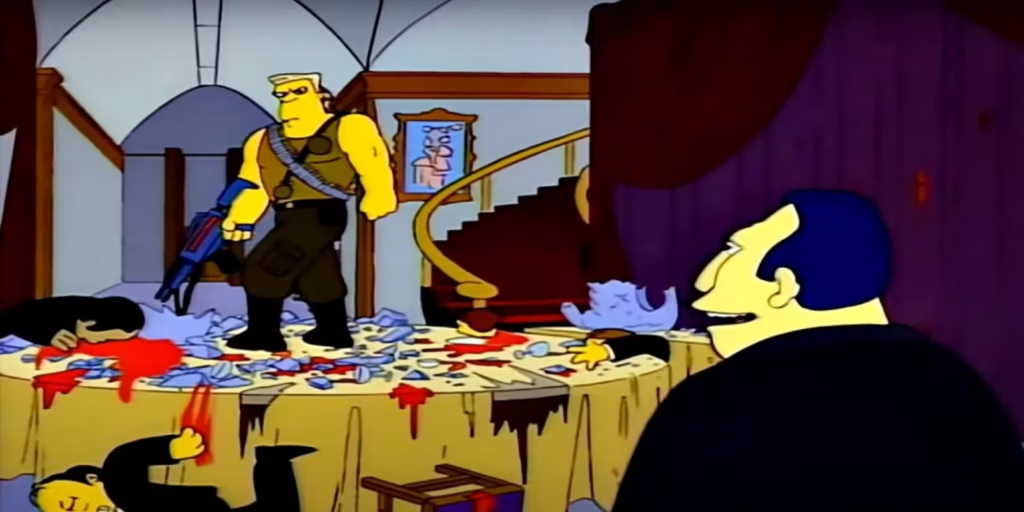
It’s a story you don’t necessarily have to follow from episode to episode, but if you do, you’ll be rewarded with numerous payoffs and connections that link the McBain character not only to one particular episode but to the Simpsoversal universe as a whole.
Final Thoughts: The Hidden Genius of McBain
McBain is not merely a parody; it is affectionately nonsensical and takes its absurdity seriously. The movie has its hero undertake a mission so packed with action, you’d almost think there was a conspiracy involved. On the surface, the plot seems to revolve around the bad guy using a “clean nuclear” device to blow up the sun which is an eco-friendly concept if there ever was one. Imagine delivering lines like, “With the new program, I can blow up the sun!” And in between all the mayhem, there’s a kind of creepy, funny nostalgia in the way the flick uses tropes from its genre like when McBain enters a building armed with only a shovel.
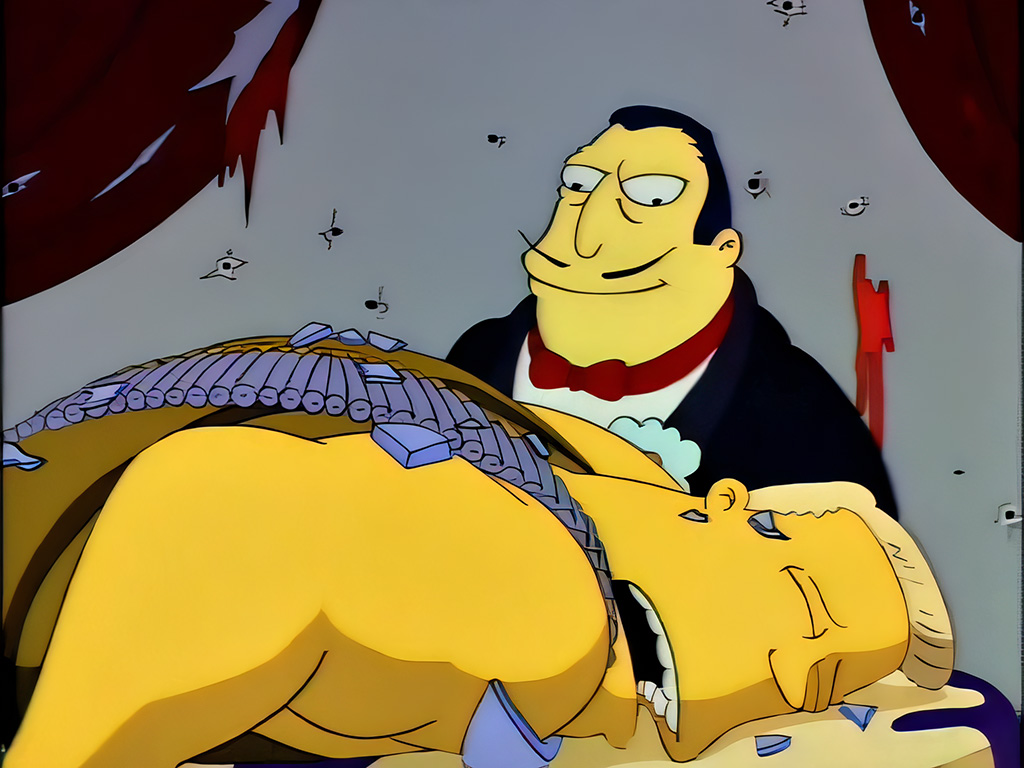
The next time you view an episode, pay close attention to McBain. This isn’t merely a Springfield joke; he’s an action figure. And sometimes it’s just as meaningful to guffaw at something as it is to give it a tribute.
More from Editor Picks
Seeing Faces in Everyday Objects? Here’s What’s Really Happening
Human cognition is both a marvel and a mystery. It is a tool forged in the fires of evolution, honed …
Cartoon Doppelgängers: When Real Life Takes a Detour to Looney Town
Have you ever walked down the street, looked at someone, and thought, “Wait a minute, why does it look like …
Only 1% Get Every Question Right: Are You One of Them?
This quiz doesn’t care about your GPA, your LinkedIn bio, or your self-esteem 💡 It only cares about right answers …










